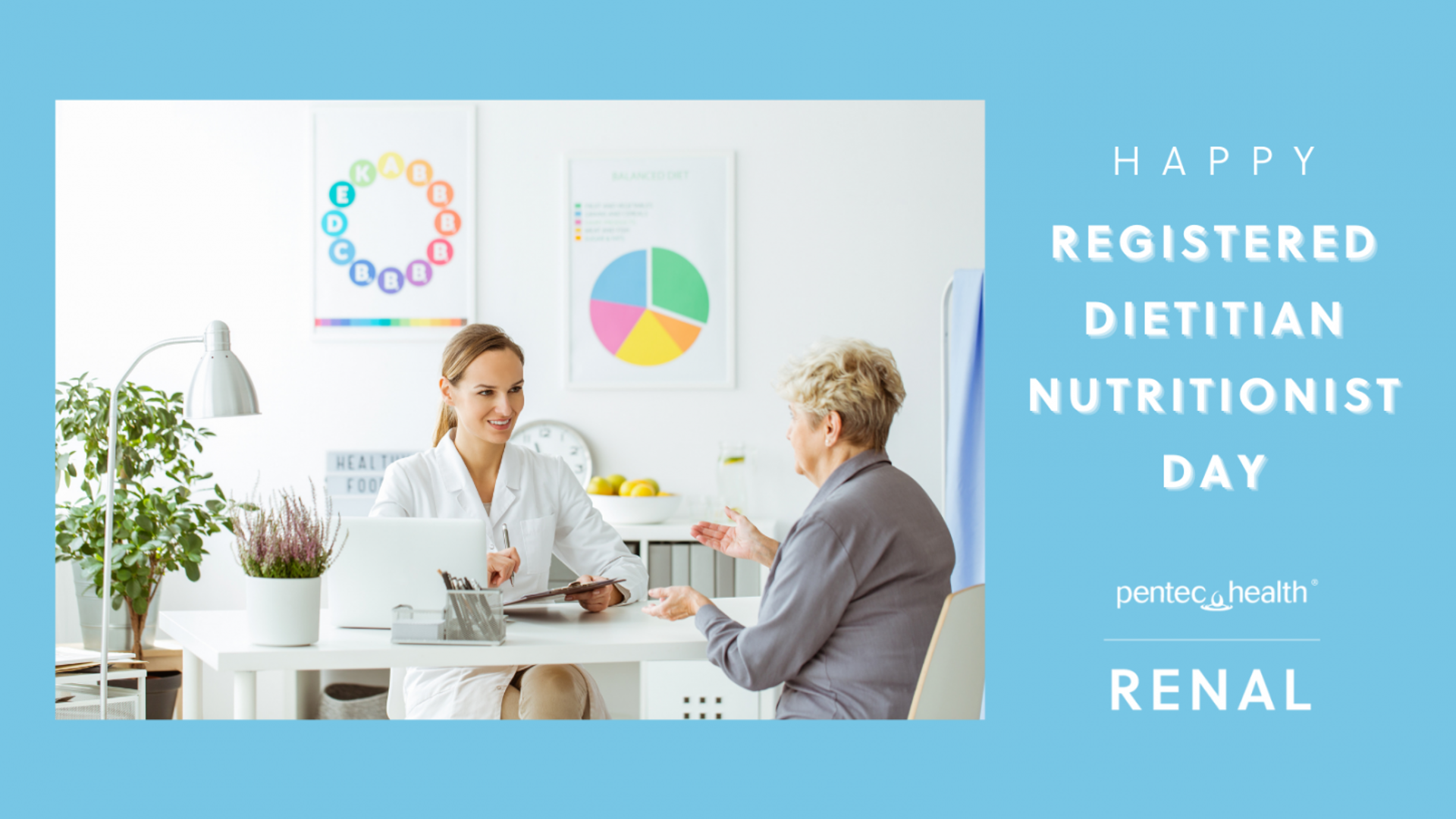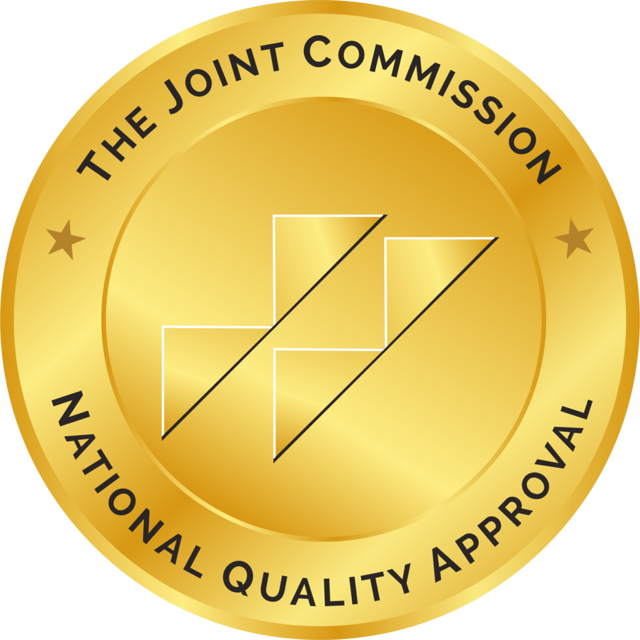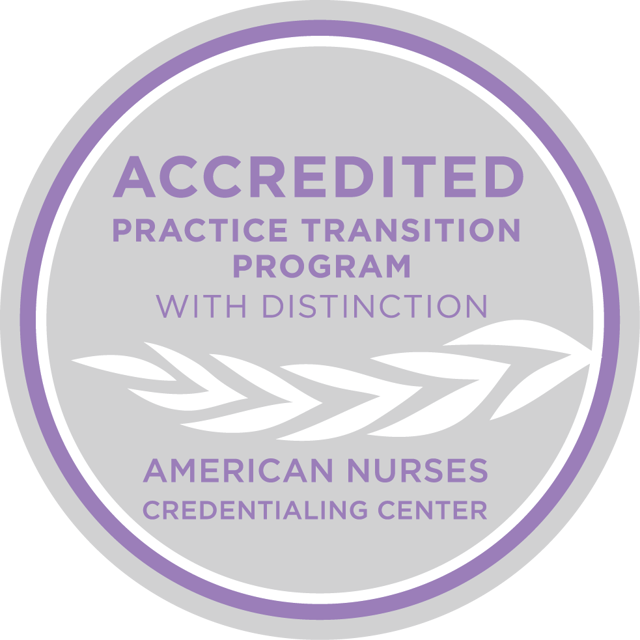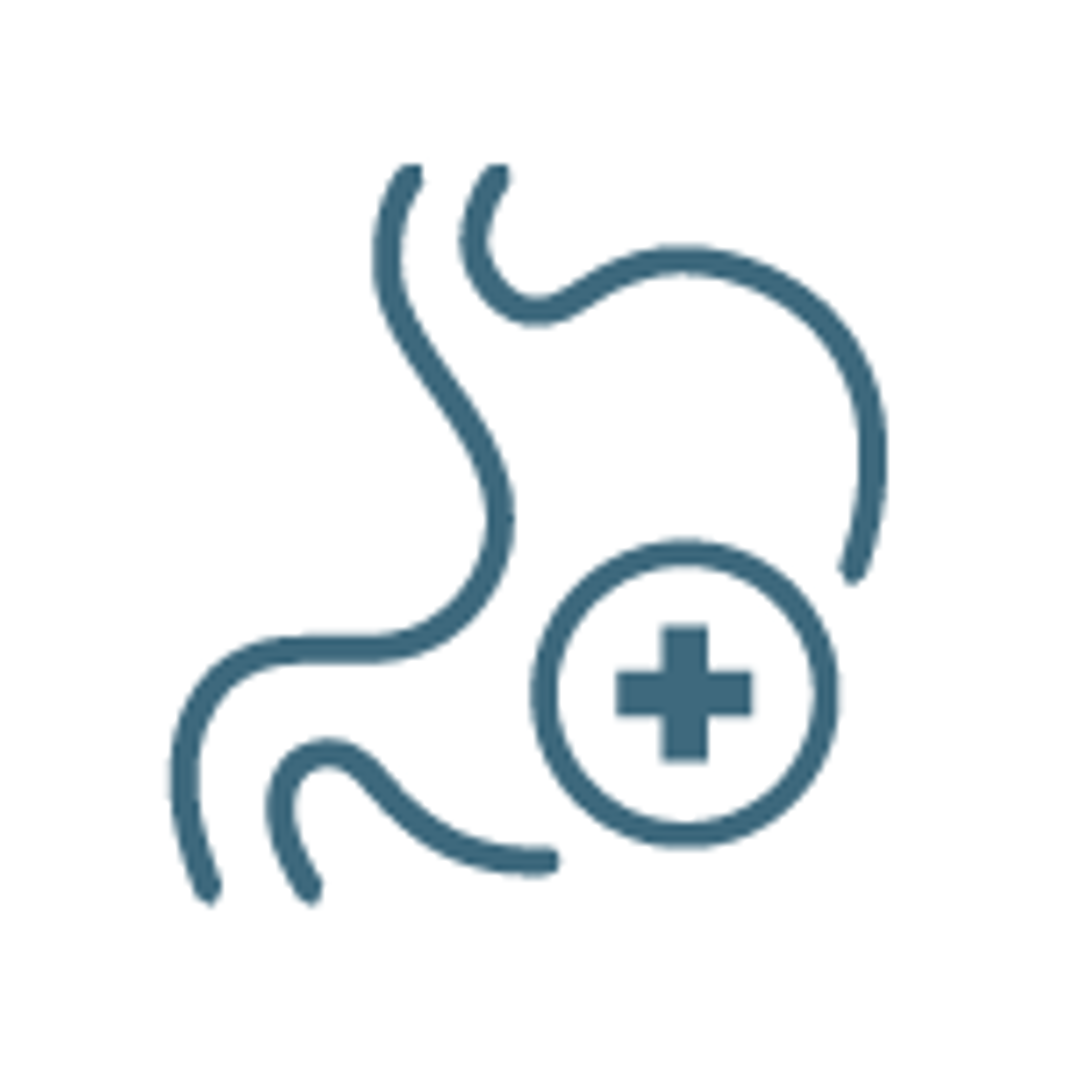
Specialty Care
Infusion treatments, whether at home, in a healthcare clinic or other non-hospital setting, require highly trained Specialty Care nursing and pharmacy support. Trust becomes essential for these higher-risk infusion therapies that require ongoing care.

Clinical Nutrition
Nutrition plays an essential role in sustaining quality of life for those who require care for complex conditions. Pentec Health provides personalized clinical nutrition solutions and superior community-based care.

Disease States
Managing the multifaceted needs for a variety of conditions requiring clinical nutrition and specialty care therapies, services and products. This includes patients with kidney disease, kidney failure, chronic, non-healing wounds, gastrointestinal conditions, rare metabolic disorders, chronic pain, muscle spasticity or cancer within or that has metastasized in the liver.

Continuing Education
By leveraging decades of clinical expertise, we are able to successfully demonstrate our industry leadership through webinars, speaker programs and research studies. We take pride in sharing valuable insights that enhance clinician education and practice.

Patient Resources
We are committed to supporting patients by empowering them with knowledge and resources needed to navigate their healthcare journey with confidence.

Pentec Health
Pentec Health is a national leader in clinical nutrition and specialty care integrating pharmacy services with clinical excellence to enhance the complex care journey.

National Registered Dietitian Nutritionist Day 2021

During National Kidney & Nutrition Month, there is a day dedicated to recognize the hard working Registered Dietitians across the country. Here at Pentec Health, we are fortunate to have former Registered Dietitians on staff with years of experience and a plethora of knowledge to share. We took this opportunity to connect with Dianne and Anne, two RDs on our Renal Sales team. Here is what they had to say:
1. What are some things most people overlook or don’t know about RDs?
“RDs must pass a national exam to use the credential RD. All RDs go through an internship type program that requires that they have experience working within many different areas of medical care (diabetes, cardiac, nutrition support, renal, food service)” – Dianne
“People think we only write menus for people to lose weight, or for schools, hospitals and nursing homes. What they don’t know is that we are nutrition specialists who can provide medical nutrition therapy for specific diseases such as diabetes, kidney disease, heart disease, gastric diseases just to name a few. RDs also manage parenteral nutrition and/or enteral nutrition in critical care patients and in long term care. We also help people make healthy food choices and lifestyle changes not only to treat these diseases but also to prevent these diseases later in life.” – Anne
2. What was the most rewarding experience you had while practicing as an RD?
“When leaving my position as a dietitian in a combination HD/PD unit, the patients threw a surprise party for my going away. As a renal dietitian, you really get to know the patients over time, whether they are in-center or home patients; you know their driver, the dog, their spouse or partner and children; who they are sad or happy about or who they are mad at. So, after being at this unit for a couple of years, we all got to be pretty close. When I said I was leaving (changing to clinical training) they were very sad and arranged with the staff to have a surprise going away party for me. It was just the sweetest and kindest thing I have ever seen and brought tears to my eyes. It shows how much a dietitian can mean to the patients they care for in a chronic setting. ” – Dianne
“Working at the diabetes treatment center was probably the most rewarding job I had. I felt like I was saving people’s lives by empowering them with knowledge on how to manage their diabetes. I still maintain my diabetes certification to continue to help people even though I’m not working at a diabetes center. My husband is currently working on certifying a diabetes self-management program in our pharmacy so hopefully I will be able to help a few folks in our community in the near future.” – Anne
3. How have things changed in the field since you first became an RD?
“RDs have become an essential part of Renal and Bariatric care and an essential part of the medical team in many primary care offices.” – Dianne
“Definitely the awareness of our role has changed. Health care providers have become more dependent on us and see us as an integral part of patient care, especially in dialysis, diabetes and cardiac care. Patients have also become more aware of how we can help them with diet and lifestyle changes." – Anne
4. Do you have any words of encouragement for up-and-coming RDs?
“There are many avenues of care and employment available to RDs; always think of each new experience as a learning process and take all new avenues as a chance to advance knowledge, experience and employment possibilities.” – Dianne
“It is definitely a field that has become more diverse with many more job opportunities. Food and health is important to many people. It is also a profession where you can work as much as you want or as little as you want. Many new mothers, as I did, can work a few days a month consulting in a nursing home, assisted living facilities, etc. Or you can have your own business, such as a consulting business, as I did. Or be a health coach in fitness centers, or critical care, or dialysis, or diabetes. There are so many different types of RD jobs. And since there is a small percentage of RDs, there is almost always availability and job security. You don’t really have to worry about losing your job since we are a necessity in most cases. It has definitely been a great career for me. I have never regretted being a registered dietitian.” – Anne

Proudly Quality Accredited
National Quality Approval
The Joint Commission

Accredited Practice Transition
Program With Distinction
American Nurses Credentialing Center
By using this website you accept our privacy policy. Choose the browser data you consent to allow:
